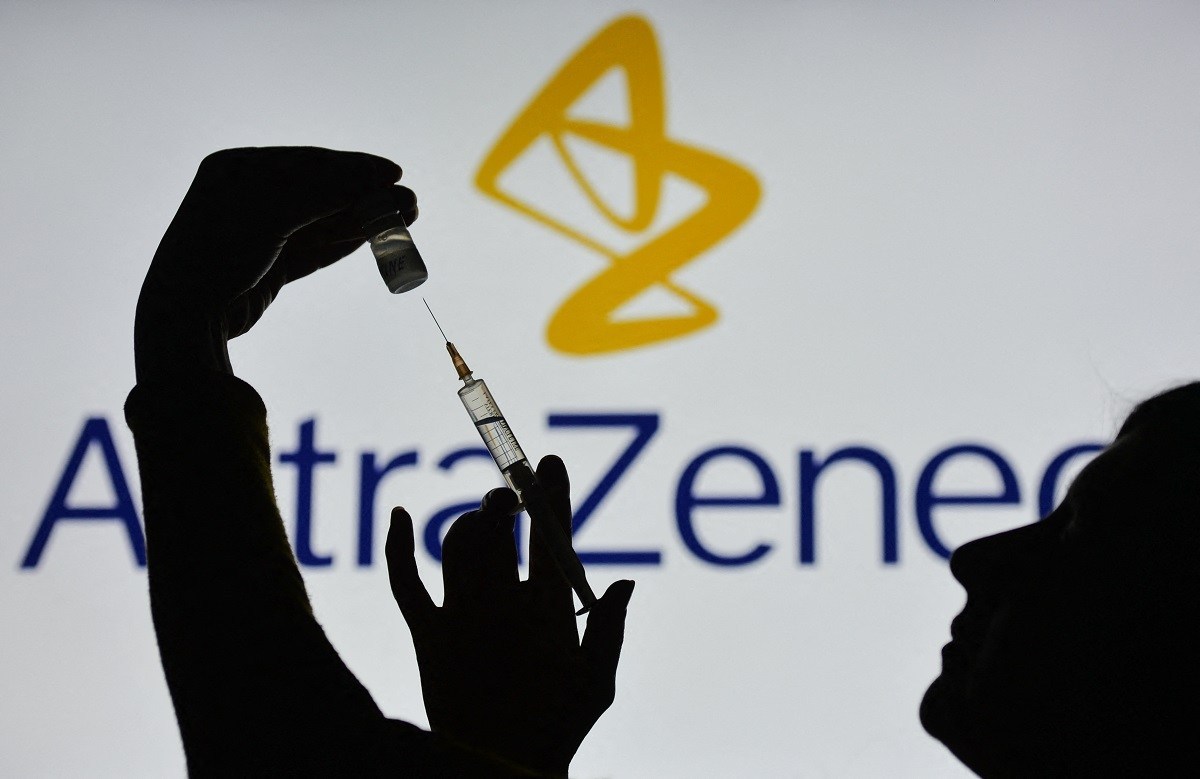[ad_1]
SEOUL – South Korean fears over the AstraZeneca Covid-19 vaccine were dampened on Tuesday after an investigation found no link between the inoculations and a string of recent deaths.
The deaths of eight people within days of getting AstraZeneca vaccinations were “tentatively†found not to be linked to the inoculations, according to Yonhap news agency, quoting the investigation. Â
Health authorities concluded that all the deaths, of people in separate long-term care facilities, were likely connected to pre-existing conditions such as heart diseases and diabetes. None had shown any allergic reaction to their inoculation.
Autopsies are underway and the results of probes into three further deaths are pending.
South Korea started its inoculation program on February 26 prioritizing those most at risk – notably frontline medical workers and people with pre-existing health conditions in more than 5,000 long-term care facilities. Â
The fact that patients with underlying conditions were the focus of the first round of shots generated obvious risk, one expert said.
“When you vaccinate the sickest people first, there may be a certain number of deaths that would happen anyway,†Jerome Kim, director-general of the International Vaccine Institute, told Asia Times.
“Last fall, there were deaths in Korea associated with flu vaccines, but it turned out that there was no relation to the vaccinations.â€
Meanwhile, concerns have risen over AstraZeneca in Austria.
On Sunday, the country reported that it was investigating the post-vaccination death of one person and the development of a serious condition – pulmonary embolism, an acute lung disease formed by a dislodged blood clot – in another, Reuters reported.
No further shots are being given with the batch of vaccine associated with the two cases. Both patients were reportedly nurses at the same health facility.
Covid-19 vaccines have been developed, approved and distributed at a greatly accelerated pace due to the grave and extensive risk the pandemic poses to the health of both populations and economies. This process has led to fears in some quarters that the vaccines may not be safe.
Recent concerns over AstraZeneca’s vaccine mirror earlier fears after 23 patients in Norway died after taking the Pfizer vaccine in January.
However, those who died were aged 75 or over, or were already suffering serious health conditions. Studies by Norwegian health authorities and the WHO found no link between the deaths and the vaccinations. Media subsequently reported that about 45 people die in Norwegian nursing homes every day.
Kim of the International Vaccine Institute played down concerns.
More than 312 million vaccinations have been administered as of Tuesday, which means that global and national health authorities, as well as pharmaceutical firms, have “an incredible clinical database of people,†Kim said. And this vast number of doses “speaks to a certain level of safety.â€
He noted that the “overwhelming majority of side effects†for vaccines would usually be spotted in the first two months of mass vaccinations – usually the first week. However, no significant caseload of bad reactions has yet been monitored.
Due to this, overall public perceptions of vaccines – even in a country with such a strong “anti-vax†movement as the United States – have turned positive.
“I think the acceptability has gone up, especially in the US,†Kim said. “That speaks to both safety and perceived safety.â€
He added, “I have no concerns. I am waiting to get mine.â€
[ad_2]
Source link














